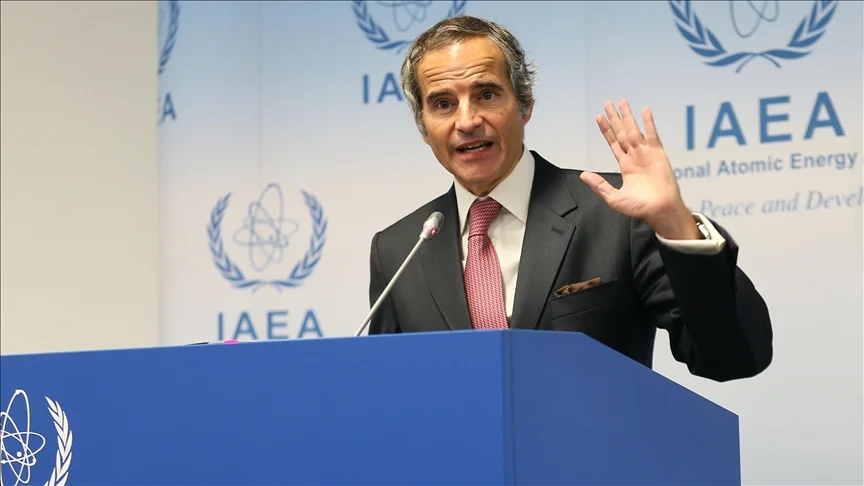In a high-stakes meeting on Monday, Iranian, Egyptian, and United Nations officials convened in Cairo to address mounting global concern over Iran’s accelerating nuclear program.
The meeting comes on the heels of a critical report by the International Atomic Energy Agency (IAEA), which revealed a sharp increase in Iran’s stockpile of highly enriched uranium.
IAEA Report
The IAEA confirmed that as of May 17, Iran had accumulated 408.6 kilograms of uranium enriched up to 60% — a nearly 50% increase since February. This level is alarmingly close to weapons-grade enrichment (90%).
“Our latest report outlines urgent areas where greater transparency is needed,”
— Rafael Mariano Grossi, IAEA Director-General
Grossi stressed that although the situation is escalating, diplomatic channels remain open and necessary.
Cairo: Center of Crisis Diplomacy
Grossi held talks with Iranian Foreign Minister Abbas Araghchi, Egyptian President Abdel Fattah el-Sissi, and Egyptian Foreign Minister Badr Abdelatty.
The goal: open communication lines and reduce the risk of further escalation.
Israel on Alert, Diplomacy Under Pressure
As international negotiations stall, CNN reports that Israel is preparing potential military action against Iranian nuclear sites.
Meanwhile, critics in Tehran have accused the IAEA of political bias, alleging that Grossi is leveraging the crisis for personal political ambition — namely a rumored bid for U.N. Secretary-General.
Iran insists its nuclear program remains peaceful, but trust from the international community continues to erode.
What Happens Next?
With uranium stockpiles nearing critical levels, regional powers are bracing for potential fallout — diplomatically or militarily.
This meeting in Cairo could prove pivotal: Will Iran cooperate and allow greater inspections? Will world powers hold their fire in hopes of negotiation?




















